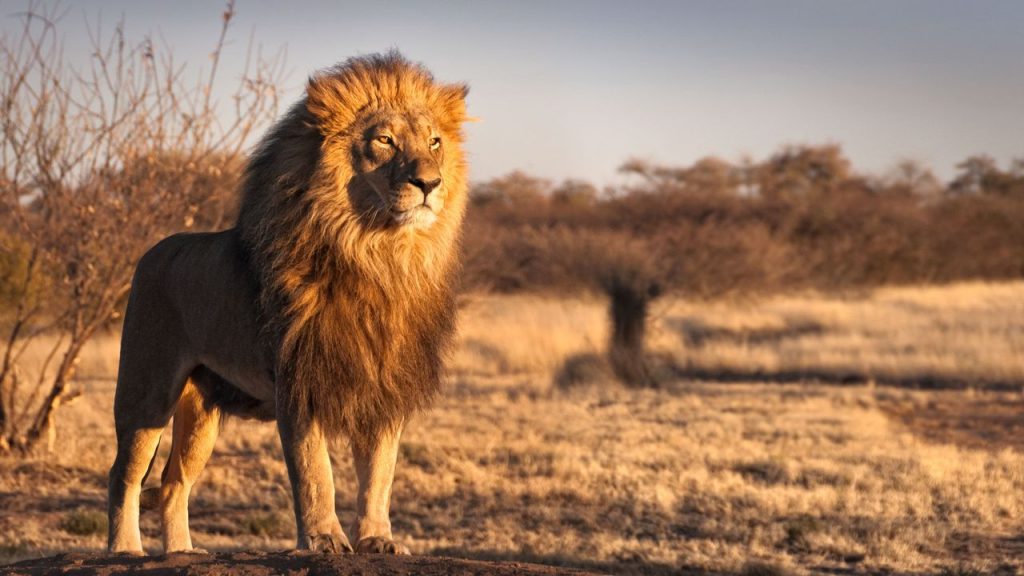African Cultures: Exploring the Richness of Cultural Experiences
When it comes to cultural diversity, Africa is a continent that stands out. With its vibrant and varied traditions, customs, and languages, Africa offers a plethora of cultural experiences to explore. From the colorful festivals to the fascinating encounters with local communities, Africa is a treasure trove for those seeking to immerse themselves in different cultures.
Cultural Festivals: A Celebration of Diversity
One of the best ways to experience African cultures is through the numerous cultural festivals that take place across the continent. These festivals provide a unique opportunity to witness traditional music, dance, art, and cuisine, all in one vibrant setting.
One such festival is the Timkat Festival in Ethiopia, which celebrates the baptism of Jesus Christ. During this festival, people dress in white traditional garments and participate in processions, singing, and dancing. It is a joyous occasion that brings communities together and offers a glimpse into Ethiopian Orthodox Christianity.
Another notable festival is the Fes Festival of World Sacred Music in Morocco. This week-long event showcases music from various spiritual traditions, including Sufi, Gnawa, and Berber. It is a melting pot of cultures, where artists from around the world come together to celebrate the power of music in bridging cultural divides.
Cultural Encounters: Connecting with Local Communities
While festivals provide a concentrated dose of cultural experiences, it is equally important to engage with local communities to gain a deeper understanding of African cultures. Whether it’s visiting a Maasai village in Kenya or spending time with the Himba people in Namibia, these encounters offer a chance to learn directly from the people who have preserved their traditions for generations.
One such cultural encounter is the Zulu Homestay Experience in South Africa. This immersive program allows visitors to stay with a Zulu family, participate in daily activities, and learn about Zulu traditions and customs. From learning traditional dance moves to cooking traditional meals, this experience offers a genuine insight into Zulu culture.
Another fascinating cultural encounter is the Dogon Country Trek in Mali. This multi-day trek takes you through the stunning landscapes of the Dogon region, where you can interact with the Dogon people and witness their unique architecture, art, and spiritual practices. It is an opportunity to step back in time and experience a way of life that has remained largely unchanged for centuries.
Preserving Cultural Heritage
While exploring African cultures is undoubtedly enriching, it is crucial to approach these experiences with respect and sensitivity. It is important to remember that these cultures are not mere tourist attractions but living, breathing traditions that deserve to be preserved and respected.
When participating in cultural festivals or engaging with local communities, it is essential to be mindful of cultural norms and practices. Learning a few basic phrases in the local language, dressing appropriately, and seeking permission before taking photographs can go a long way in fostering positive cultural exchanges.
Moreover, supporting local artisans and craftspeople is another way to contribute to the preservation of African cultures. By purchasing handmade crafts and artworks directly from local communities, you are not only supporting their livelihoods but also helping to ensure the survival of traditional artistic practices.
Conclusion
Africa is a continent brimming with diverse cultures, and exploring these cultures through festivals and encounters with local communities can be a transformative experience. By approaching these experiences with respect and a genuine desire to learn, we can contribute to the preservation and celebration of African cultures for generations to come.

